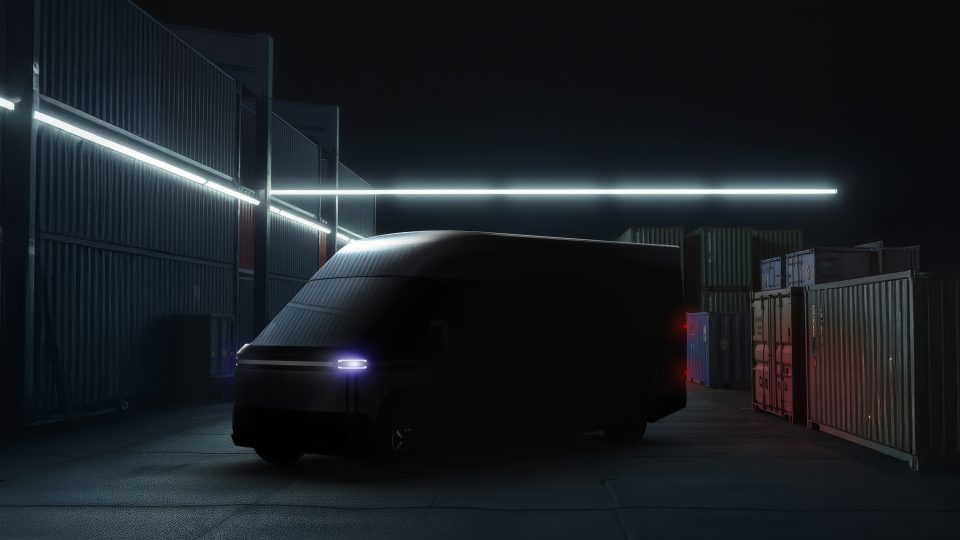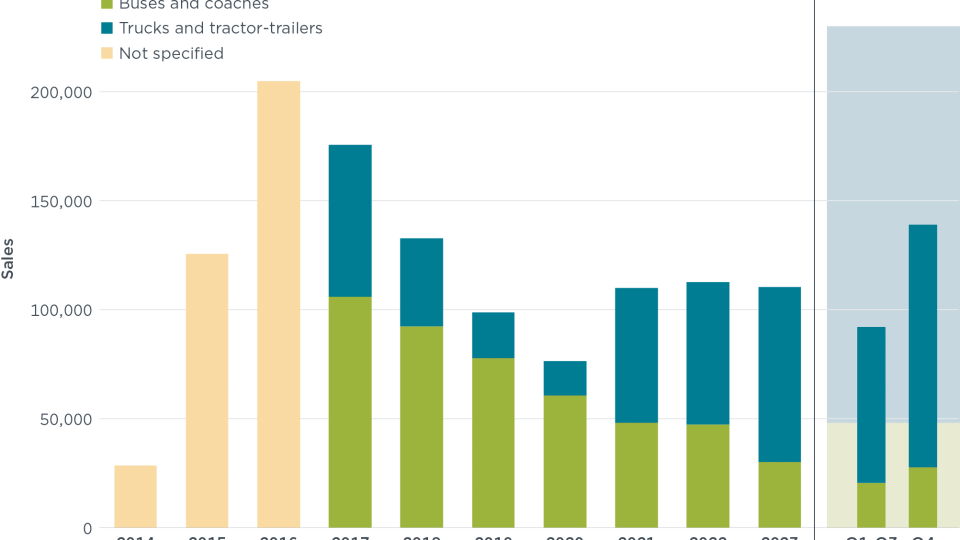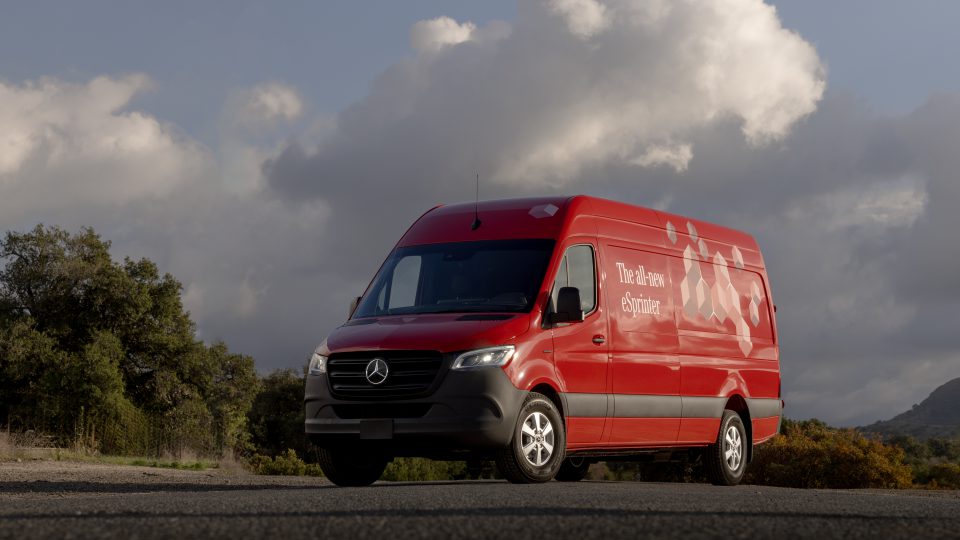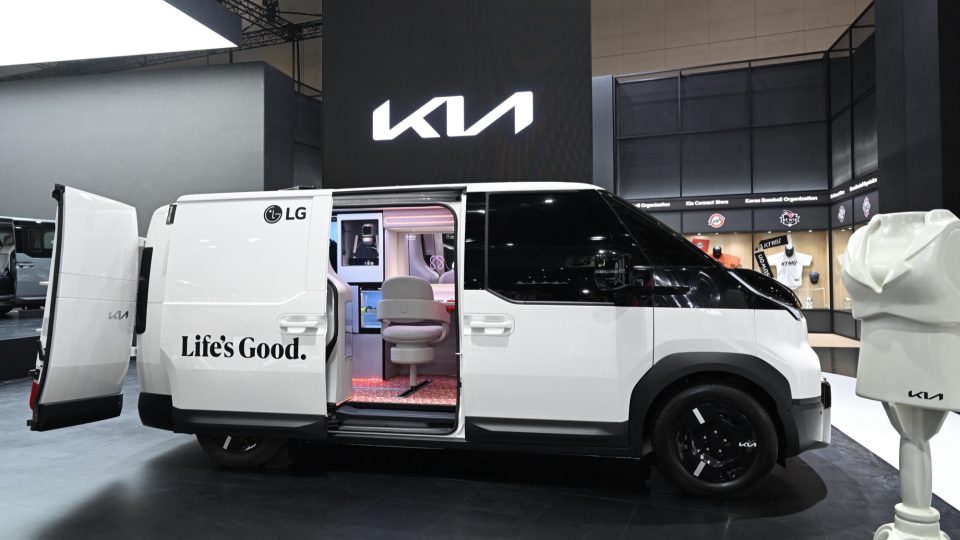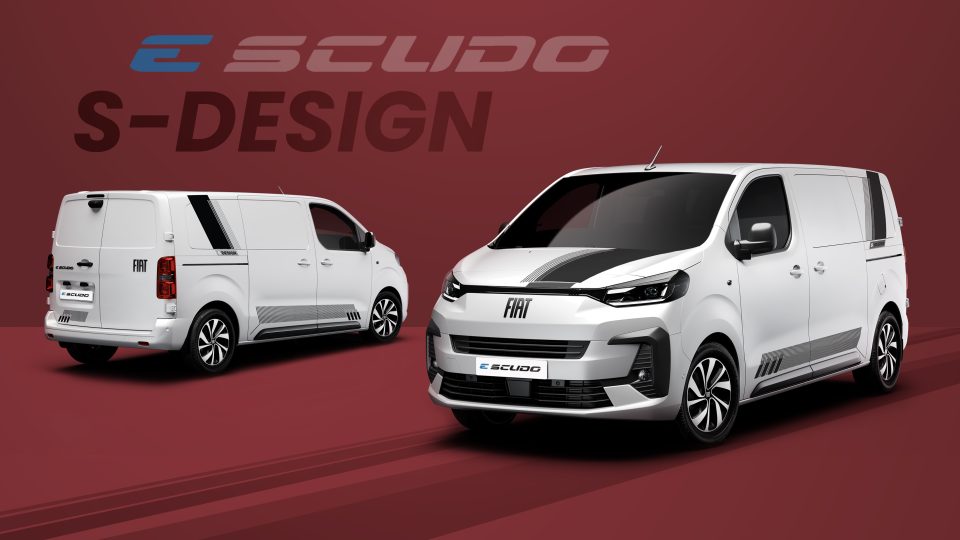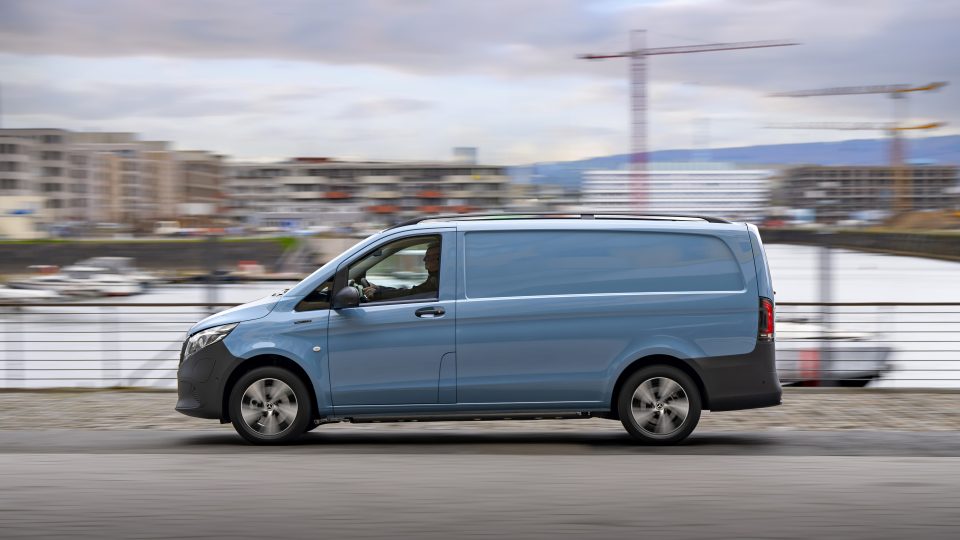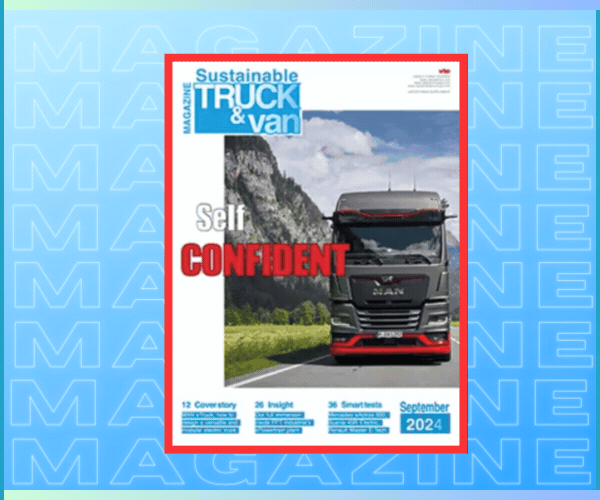FLYNT as the perfect match between China and Europe for electric LCVs. Our interview with founder Daniel Kirchert
Backed by a strategic agreement with Miraco Motors (GAC Group), the newcomer FLYNT will start commercializing software-defined electric vans in Europe in 2026. “The FLYNT products are really defined for the European market. We created the company as a European player with close connections to the market, as well as the customers. Miraco Motors started to work on that product for us, according to our specifications".
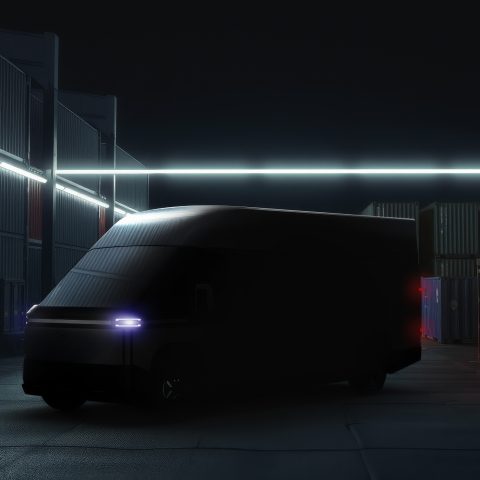
According to the official press release that introduced the newly founded electric LCV company, FLYNT “represents a unique collaboration between Europe and China, leveraging decades of automotive expertise to deliver cutting-edge, purpose-built solutions”. At the heart of the project is the strategic and exclusive partnership with Miraco Motors, a brand belonging to the GAC Group, among the major automotive groups in China. Although it’s still too early to get some more details about the e-vans, we thought it was a good idea to have a chat with FLYNT founder and CEO Daniel Kirchert. Starting from his long-lasting professional experience in China.
There’s a new name in the field of electric LCVs: FLYNT
Dr. Kirchert, although it’s not easy to sum it up, how was this experience so inspirational for you in the FLYNT project?
“First of all, I’ve had a childhood affinity with China. I learned the language quite early, and even my wife is Chinese. I started my carrier at BMW in Munich, my hometown, more than 20 years ago, then supporting BMW’s setup in China, in charge of the sales in the Chinese market. It was a great time, experiencing truly fascinating growth there, with the local government already pushing on the development of electric vehicles. Already before 2010 there was a policy to make electric mobility a top priority for the Chinese government. It all inspired me, and I really started to wander about the possibility to do something for the environment”.

Then, what happened?
“After BMW I went to Nissan, then I managed the Infiniti brand. Later on, I co-founded the automotive startup Byton, with the aim of creating more than a ‘Chinese Tesla’, let’s say, with some former BMW colleagues. Unfortunately, Byton did not make it, partially stopped by the Covid pandemic, even though we had some great ideas. In those years, many Chinese startups and automotive companies started to transform and rely on electric mobility. Talking about passenger cars, Chinese brands have reached more than 60% market share in China, starting from 20% about 20 years ago.
This is not because Chinese people have become patriots, but rather because Chinese carmakers started to make great cars. And they do it at much lower costs compared to European companies. They have a shorter production chain for key components, such as batteries, and they are truly able to integrate software into vehicles, which is a big struggle for Western OEMs. After 20 years in China, I came back only a few years ago, and it was clear for me that I wanted to do something to combine the strengths of China with those of Europe. I also noticed that the field of logistics and CVs had great potential for electrification”.
The partnership with Miraco Motors
We get your connection with China. But where does the cooperation with Miraco Motors come from? In terms of design and production, how will such cooperation work?
“The FLYNT products are really defined for the European market. We created the company as a European player with close connections to the market, as well as the customers. Miraco Motors started to work on that product for us, according to our specifications. Although they’re not big in CVs yet, they have a strategy looking at 2030 to produce 5 million cars, as well as focusing on commercial vehicles. When we contacted them about two years ago, Miraco Motors had what we were looking for, thinking of the European market. Space efficiency, range, cost and so on were some of the main strengths of Miraco Motors’ van concepts. Today, we have a very strong relationship of trust and mutual understanding with them”.
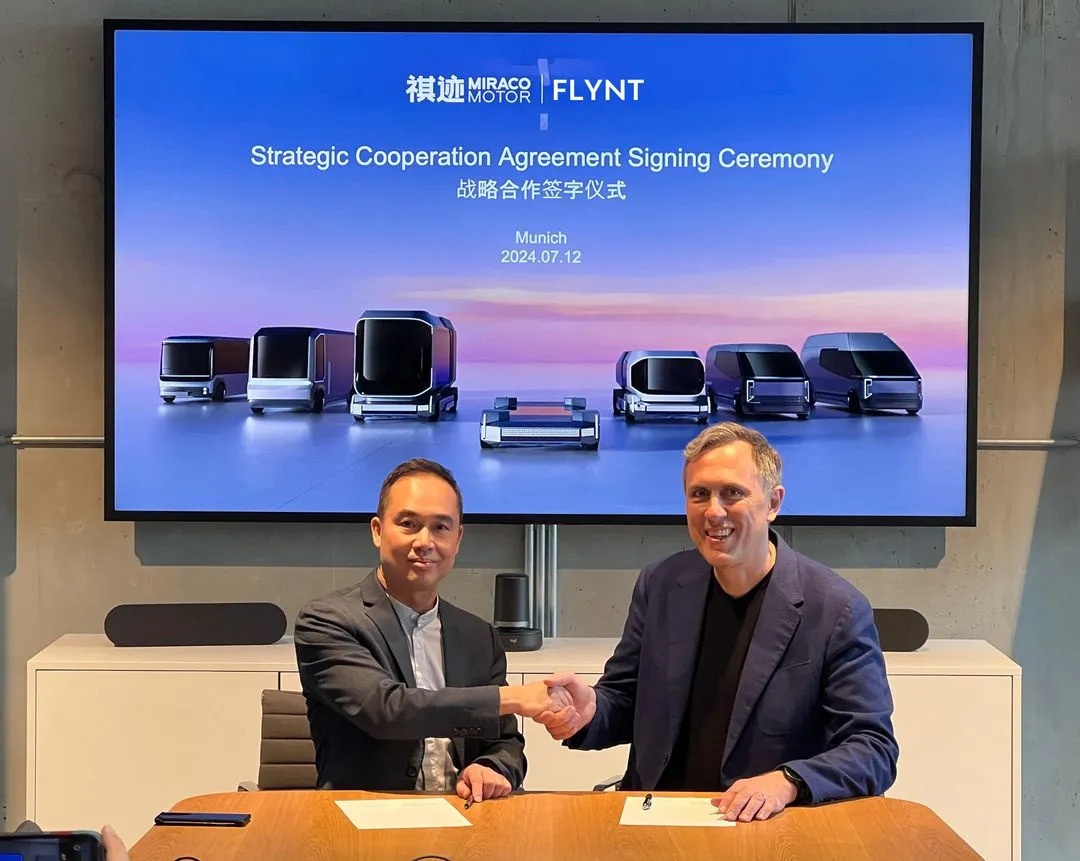
Looking at the commercial e-mobility scenario in Europe, with the latest data showing a reduction in terms of registration, what makes you so confident about FLYNT?
“We’re convinced that until 2030 there’s room for electrification among light commercial vehicles. The main reason why we don’t see electrification right now is that the current products out there are electrified versions, so diesel platforms converted with high costs and not good efficiency rate. Over the last year and a half, we talked with many potential customers, not only logistics companies, but also craftsmen. Some of them really want to go electric, they just cannot get good products on the market.
Today, we see three major targets. The first one is logistics and last mile delivery, where the focus is not really on range, but rather on costs, service, ergonomics, and so on. The second big segment is craftsmen in several possible applications. They need a little more range, have different requirements and they’re also very sensitive to costs. The third big area is the camping segment, although with smaller shares”.
The importance of making software-defined vehicles
Why is there so much attention on e-vans with brand-new architecture, or the ‘software-defined’ ones? Which practical advantages do they imply for customers?
“Our vehicles will be software-defined ones, laying on the experience gained in China in recent years. They started early to develop their competences, so we have something to rely on also in LCVs. Vehicle and software architecture is a very important part of our strategy. Talking about software, for LCVs is mainly about fleet management programs and apps, including predictive maintenance services, charging apps, and so on. The vehicle architecture is ready for it, and our goal is to provide our partners with very efficient systems, so to integrate their fleet management apps into the vehicle itself”.
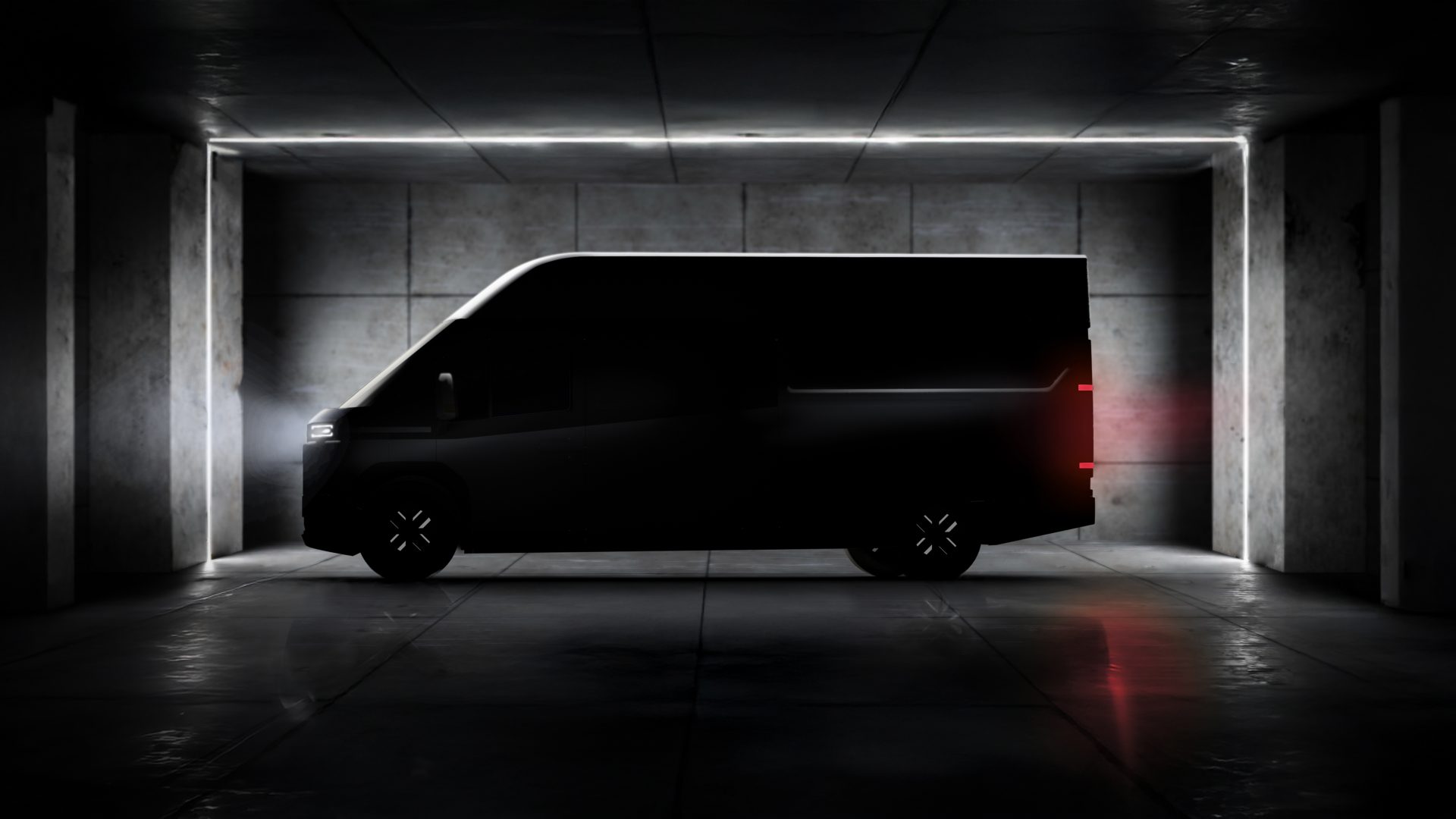
How will FLYNT be organized, in terms of product development, sales and after-sales services? Are you considering the possibility of opening branches in other European countries?
“In the LCV field, after-sales is paramount, let’s say, as it’s all about business. If you don’t have a good after-sales structure you cannot approach the market at all, in my opinion. FLYNT will import and distribute vehicles in major markets in Europe. All European markets will have strong distribution partners on national level. Right now, we’re talking with several distributors to get the network up and running.
We also want to have a very good network with good and exclusive service capabilities. We haven’t finalized the talks; we will let you know in the next months. As for spare parts, we’re talking as well with very important suppliers all over Europe. To be honest, it’s a very important area for us to invest our money in this stage of company development. We also want to bring the digital components in the after sales area. Full digital transparency is a very important aspect for us. European standards in terms of quality and durability are very strict, we really want our vehicles to meet them. We have a long road ahead of us, as we’re a startup, but we’ve got clear mind about that”.
Talking about the current startup scenario, what are the main reasons why some companies failed to reach even the small production stage, in Europe and beyond?
“One of the main reasons was clearly the capital expenditure. You need a lot of money to develop new vehicles, build factories and become profitable. Regardless of the quality of the product. Of course, there are also other reasons. It’s very important to have value propositions that can be understood by customers. For us, what makes FLYNT different is that we’re not directly investing in vehicle development and production. Miraco Motors is doing that based on our specifications, as I said. We still need to invest, but only in building the market. Finally, we want to build our structure gradually, starting from Germany, the Nordic countries, and then expand all over Europe”.


